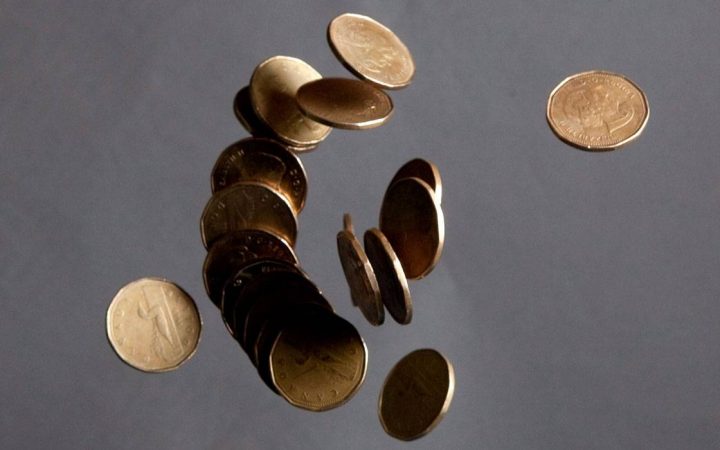Quebec carries the heaviest debt per person of any Canadian province, a new Fraser Institute study has found. And its authors argue that should loom large in its election campaign.

In a report released by the Vancouver-based Fraser Institute, the province’s debt jumped from $37.6 billion in 1990 to $175.5 billion in 2013 and now accounts for 49 per cent of Quebec’s Gross Domestic Product (GDP).
That ratio, the report says, exceeds all nine other provinces and that of 24 U.S. states – two-and-a-half times Vermont’s and almost four times New York’s. And the report sees that figure reaching 57 per cent by 2022 if the province continues its current trajectory.
Taking into account the $9.8 billion accumulated in interest, each Quebec citizen’s share of the debt load for 2012-13 is $21,708, the institute figures. That number is predicted to rise to $32,225 by 2022.
According to Sean Speer, associate director of the Fraser Institute’s Centre for Fiscal Studies, this issue hasn’t been a focus during Quebec’s election period – but it should be.
“Ontario’s debt is high and it has received considerable attention,” Speer said. “For some reason in Quebec, even though its debt is the highest in the country, it doesn’t seem to be getting as much attention either from the public or the politicians.”
- What is a halal mortgage? How interest-free home financing works in Canada
- Capital gains changes are ‘really fair,’ Freeland says, as doctors cry foul
- Budget 2024 failed to spark ‘political reboot’ for Liberals, polling suggests
- Tesla’s net income drops 55% in first quarter amid falling global sales
Speer says the study’s purpose isn’t to sway voters’ decisions, just to inform them before they head to the polls.
“We’re really focused on making sure Quebecers understand the current state of provincial debt, how we got here, and then project the future that lay ahead,” he said.
The two-year study’s findings are no surprise to Jean-Pierre Aubry, fellow associate with Cirano Centre for Interuniversity Research.
“The Government of Quebec knew this for years and years,” Aubry said.
“They did borrow and had deficit after deficit and basically they woke up in the year 2000 and saw it climb and climb and now it’s quite big.”
According to Aubry, the last provincial government budget shows that Quebec is on track to gain a $3.3 billion surplus by 2018-19.
“They do recognize and they’ve made steps to basically reduce the debt,” he said.
“But in order to get there they have to have an expenditure growth of two to two-and-a-half percent maximum per year.”
It isn’t yet clear how the province plans to do that.
Quebec’s expenditure growth has been 4.4 per cent per year since 2003-04.




Comments